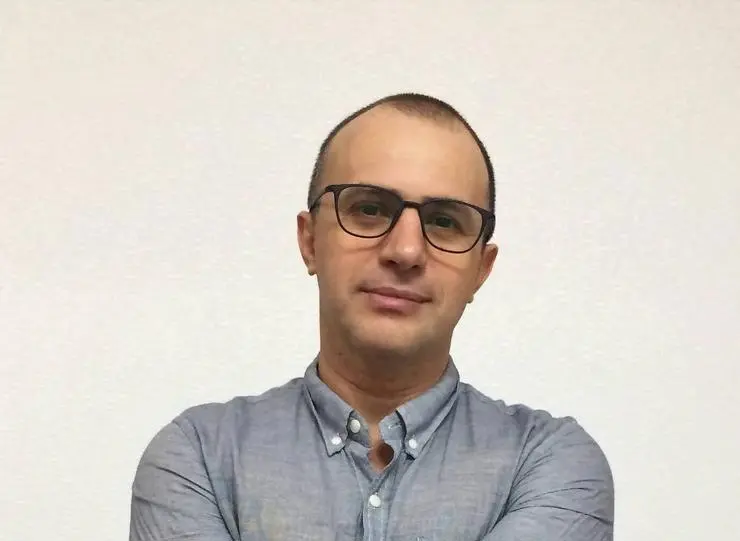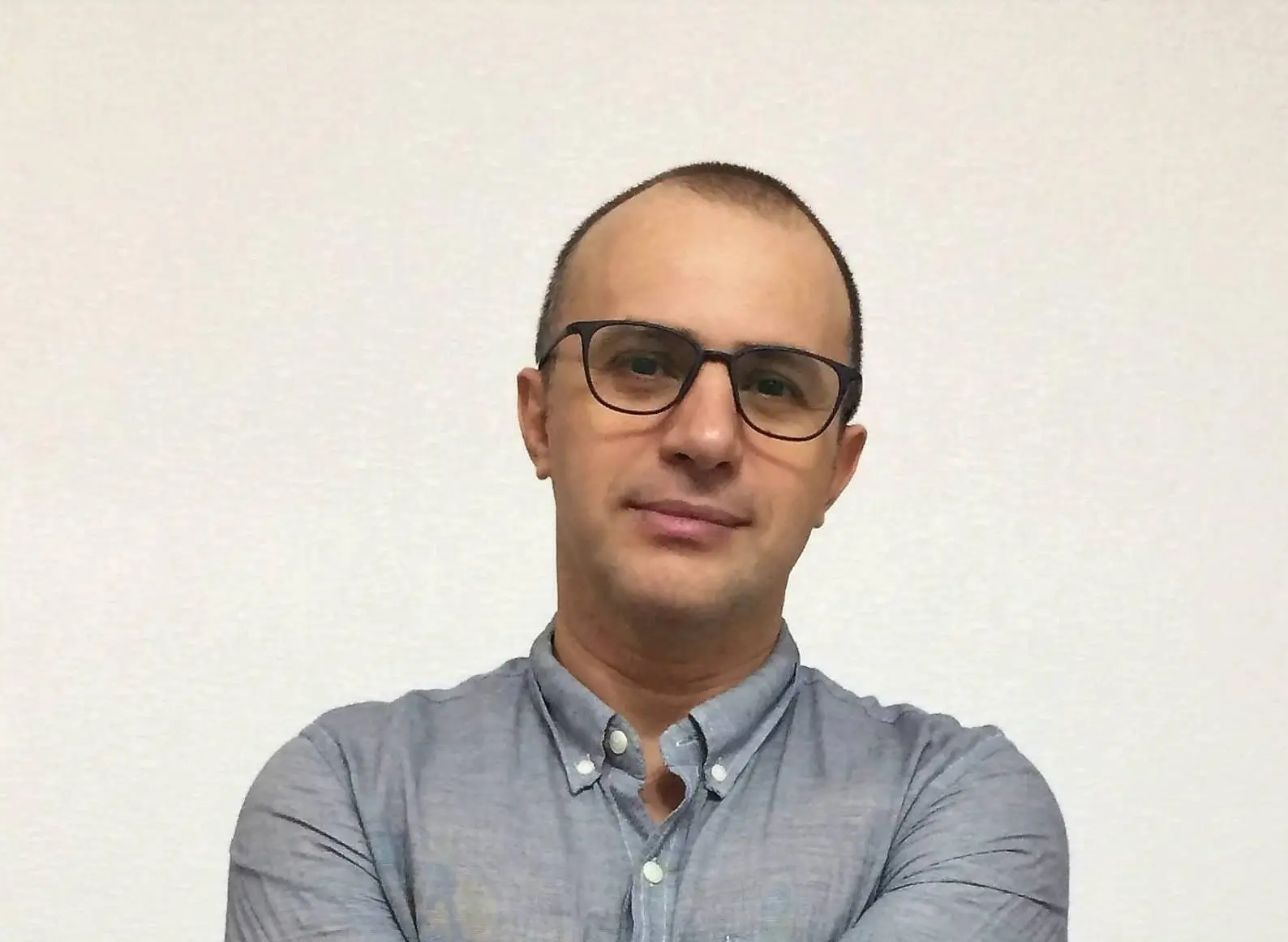International experiences
I was an international student myself in Taiwan during the period of my postgraduate studies (masters and PhD), and so I know first-hand the challenges that students face when they are away from home. Sometimes this includes not even speaking the local language well as you are trying to adjust to the new weather, a new academic environment (with different types of assessment and teaching), making new friends, tasting new food, etc. Make no mistake: these are very challenging times. So, empathy is the key word here. I know how the students feel: I’ve been there before. So, I try to do simple things that I know will make a big difference: I try always to address my students by name; I’m always interested in their background, and I try to give them the confidence to share their cultural perspectives in class. I remember how my own professors played a fundamental role during my time as an international student; I try to emulate their example, to always make myself available as much as I possibly can. It is important the students know that they are not alone.
Areas of interest and expertise
My research focuses on foreign policy analysis (FPA), Cross-Strait relations (Taiwan-China relations), and Asia-Pacific maritime/territorial disputes. These topics fascinate me for two reasons; 1) first, for the uniqueness of the Taiwan question (if you join our class, you will know why!); 2) if you want to understand China, the best way to achieve that is researching its impacts on neighbouring countries, and how Beijing goes about resolving its disputes. China looks to be emerging into the superpower of our time; it is our generation’s responsibility to understand this phenomenon.

Publications
I recently published an edited book Enterprises, Localities, People, and Policy in the South China Sea: Beneath the Surface (Palgrave Macmillan). The book presents some alternative approaches to understanding the maritime disputes in the South China Sea. The idea was to draw attention to the importance of the private sector, civil society, and subnational actors’ roles in the disputes, and to shed some light on crucial policy issues that are addressed less often in the literature. I also had the opportunity to contribute a chapter on Taiwan-Korea relations to the book Assessing the Landscape of Taiwan and Korean Studies in Comparison, published this year. The book was a project led by Dr. Niki Alsford, our Head of Asia Pacific Institutes at the School of Humanities, Language and Global Studies, and Dr. Sojin Lim, Co-Director of the International Institute of Korean Studies (IKSU). I’m very glad they invited me to be part of this project.
Exciting projects
Currently, I’m working on an introductory book on Asian territorial disputes to be published this year. This is a joint project I am working on alongside my dear friends, Dr. Dean Karalekas (Taiwan Center for Security Studies: TCSS) and Dr. Gregory Coutaz (Tamkang University in Taiwan). We have collaborated professionally before, but this time we are focusing on producing something that will meet the needs of new students seeking to understand the basics and background of this important phenomenon. I want to provide them the most accessible way to understand these complex issues. Together with the book, we are also planning an online conference as well, to give our students the chance to interact with the authors.
Finally, as member of the Institute for the Study of the Asia Pacific (ISAP) here at UCLan, we are in the early stages of developing a research project on China’s diplomatic relations. I’m very excited about this project, I believe it will benefit not only our academic reputation as a research school, but will also make our students even more proud to have chosen to study here at UCLan.

